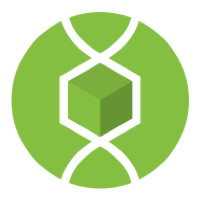
IMPORTANT ANNOUNCEMENT:
BIOQUEST CURRICULUM CONSORTIUM TO MANAGE AND SUSTAIN QUBES PLATFORM
Dear QUBES Community,
BioQUEST has played an important role in the development and implementation of the QUBES project over the last seven years, sharing leadership, staff, and resources, as well as philosophies about open education resources and professional development that empowers faculty. As NSF funding for the initial QUBES project comes to an end in August of 2021, the QUBES infrastructure will officially move under the management of BioQUEST, a community of transformation with a 35-year mission to empower faculty to adopt innovative teaching and learning practices.
This shift in management has been evolving over the last few years and will ensure sustainability for the QUBES platform. It also provides exciting opportunities for innovative models of collaboration, professional development, and open publishing that leverage BioQUEST's long track record of community building with the QUBES platform’s broad reach and functionality.
Access to the QUBES platform and the Educational Resources Library will continue to be free for community users. We will continue to offer project support services and professional development opportunities. See the services page on QUBES for the latest information.
Both the BioQUEST organization and the QUBES project share a commitment to evidence-based STEM education reform, inclusive teaching and Universal Design for Learning, open educational resources, and curriculum development that actively engages all students in real-world, data-driven scientific inquiry. We will move forward with one mission--broadly, to empower Life Science educators to drive innovation in STEM education for all students. BioQUEST collaborates with diverse projects, professional societies, scientific data and tool providers, and education reform communities to promote innovative undergraduate STEM education.
We look forward to supporting and strengthening this outstanding community. Please feel free to reach out to our team with questions or concerns, and stay tuned to this newsletter (which will continue monthly!) for more announcements. You can learn more about BioQUEST’s mission, vision, and values, and its 35-year history here.
Sincerely,
The QUBES project team and BioQUEST staff
In this newsletter:
QUBES News
Fall Faculty Mentoring Networks
Partner News and Events
Other Opportunities
QUBES News
Thank you to our BIOME Participants
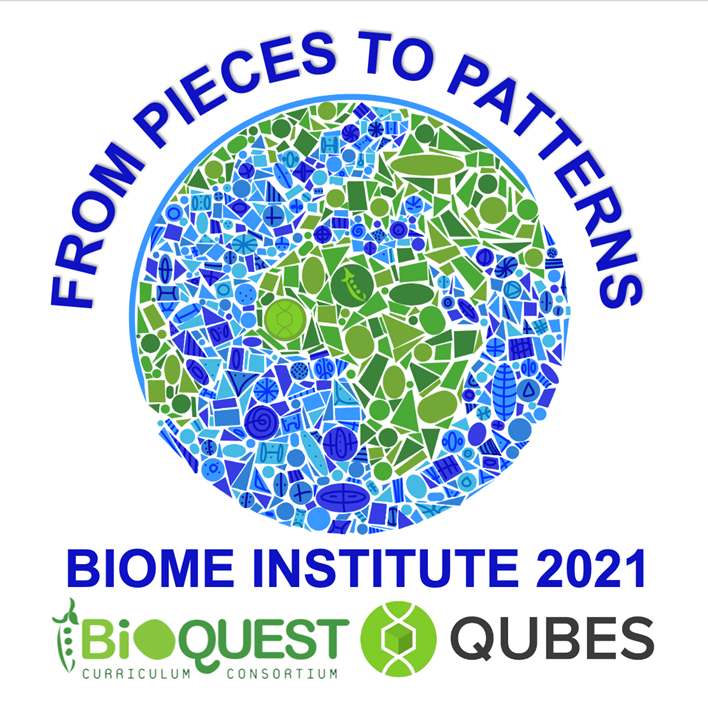
The Summer Session of our 2021 BIOME Institute was a rousing success--three weeks of learning, sharing, and thinking about how we can make STEM education more inclusive, effective, active, and relevant. THANK YOU to our participants and volunteers for their investment of time, energy, and thoughtfulness. We are so grateful for this community.
And the best part...the institute is not over yet! We already have 13 working groups for the fall, which will tackle an impressive and exciting range of topics--from exploring intersections between ungrading and open educational resources to developing protocols to make nanopore sequencing more accessible to the development of OER around podcasts. Stay tuned as we feature our community’s accomplishments throughout the fall!
Sam Donovan and John Jungck Win T. H. Huxley Award
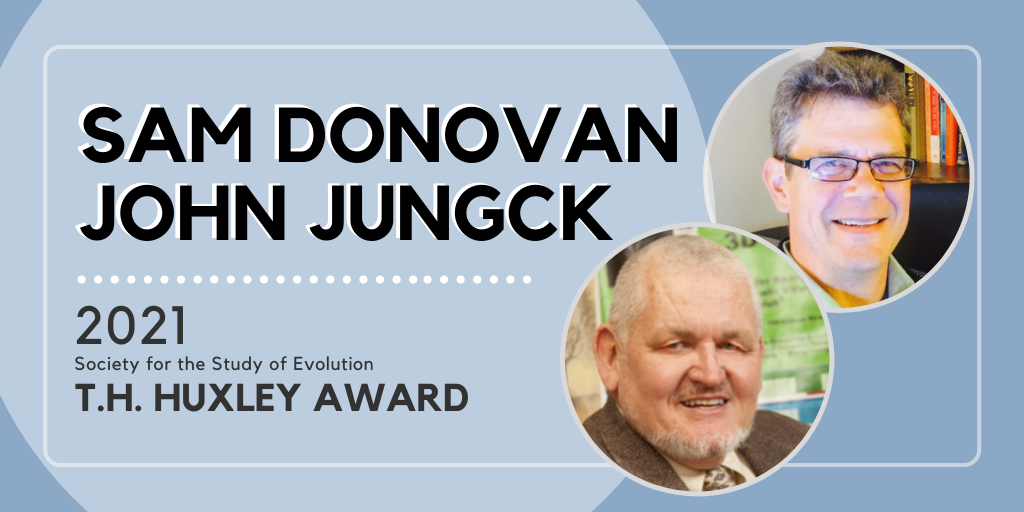
Congratulations to BioQUEST co-founder John Jungck, PhD, and QUBES co-PI Sam Donovan, PhD, for being honored with the T. H. Huxley Award from the Society for the Study of Evolution Education and Outreach Committee. This award recognizes and promotes the development of high quality evolution education resources.
John and Sam were recognized for their activity, "Beagle Investigations Return with Darwinian Data (BIRDD) project."
In the activity, students engage in evolutionary problem solving and explore their own research questions using primary scientific data from the Galapagos Islands and Darwin’s Finches.
Fall Faculty Mentoring Networks
CourseSource: Writing

Have you developed new evidence-based teaching activities and/or lessons for online learning in biology undergraduate education? Are you interested in working with a group of peers to write and prepare your Lesson manuscript for submission to the journal CourseSource?
CourseSource is partnering with BioQUEST and QUBES to offer semester-long Faculty Mentoring Networks (FMN)! Apply now to join us for the Fall 2021 CourseSource Writing FMN.
Participants in this FMN will focus on publishing undergraduate life science lessons in teaching environments with online components (e.g., fully synchronous or asynchronous online courses, hybrid courses). Accepted applicants will write a lesson article manuscript, section by section, to prepare for submission to CourseSource. Topics may vary from a wide range of life science and educational disciplines (see current "Courses" available in CourseSource). As a part of the Fall 2021 CourseSource Writing FMN, members will participate in biweekly virtual sessions to collaborate with and support others in the network and receive mentoring.
The FMN is open to instructors (including faculty, graduate students, and postdocs) who teach biology to undergraduate students and are planning to publish an online activity in CourseSource. Participants must commit to attending the full FMN which meets biweekly throughout the term. Preference is given to applicants who have taught the online activity that they will be working on at the FMN and who have not previously published in CourseSource. Faculty from community colleges and minority-serving institutions (colleges and universities) are encouraged to apply.
Applications are due August 23, 2021. Please visit our CourseSource FMN overview page for additional information and instructions on how to apply.
NIBLSE: Integrating Bioinformatics: RNA-seq Using Galaxy

Are you interested in adopting a web-based bioinformatics learning resource that addresses quantitative reasoning skills in diverse life science courses? Apply now to join us for the Fall 2021 NIBLSE & BioQUEST/QUBES Faculty Mentoring Network (FMN).
Accepted applicants will customize and implement their own adapted educational module for teaching RNA-seq data analysis in their desired life science discipline. Participants in this FMN will focus on how to use a powerful, yet easy to use, platform for high-throughput data-driven analyses in undergraduate life science courses. FMN participants will be supported and mentored in biweekly (every other week) virtual sessions that promote collaboration and mutual support.
Applications are due September 1, 2021. Accepted applicants will be notified by September 10. Space is limited; only 6 applicants will be selected to participate.
For more information and to apply, please visit our NIBLSE FMN overview page. Please direct questions to the NIBLSE Fall 2021 FMN Mentors, Bill Morgan and Matt Escobar.
QB@CC: Breathing Life (Science) into Your Math Courses
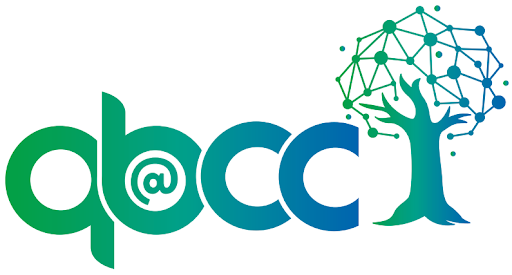
“When am I ever going to use this?!” Math educators hear this question time and time again. Quantitative Biology at Community Colleges (QB@CC), a 5-year NSF RCN-UBE funded project, is here to help! Interdisciplinary teams of math and biology faculty from community colleges across the country have created an ever-growing library of modules that bridge mathematics and biology concepts.
If you want to incorporate examples from life science into your mathematics courses but have either struggled to find authentic applications or feared stepping out of your comfort zone, then QB@CC’s Fall 2021 Faculty Mentoring Network (FMN) is for you! As a member of the FMN, you will implement two of the QB@CC modules in your courses in the Fall with the support of your fellow FMN participants and two faculty mentors.
The FMN will meet every other week for an hour or less from late September through early December. As a participant, you will earn a certificate of completion at the end of the FMN provided that you:
-
Are an active participant in the FMN
-
Implement materials in at least two class sessions in Fall quarter/semester
-
Share your final products on the QUBES hub
For more information on requirements, visit the FMN Requirements page or our QB@CC FMN overview page.
The deadline to apply for the FMN is September 10th, 2021 but we encourage you to apply now! Space is limited; only 15 participants will be selected.
If you have questions, please feel free to contact Alys Hugo or Jillian Miller.
QB@CC is also offering a Fall incubator. Learn more about both opportunities here.
Project EDDIE: Teaching Scientific Concepts and Quantitative Reasoning Using Large Datasets and Inquiry-Based Learning
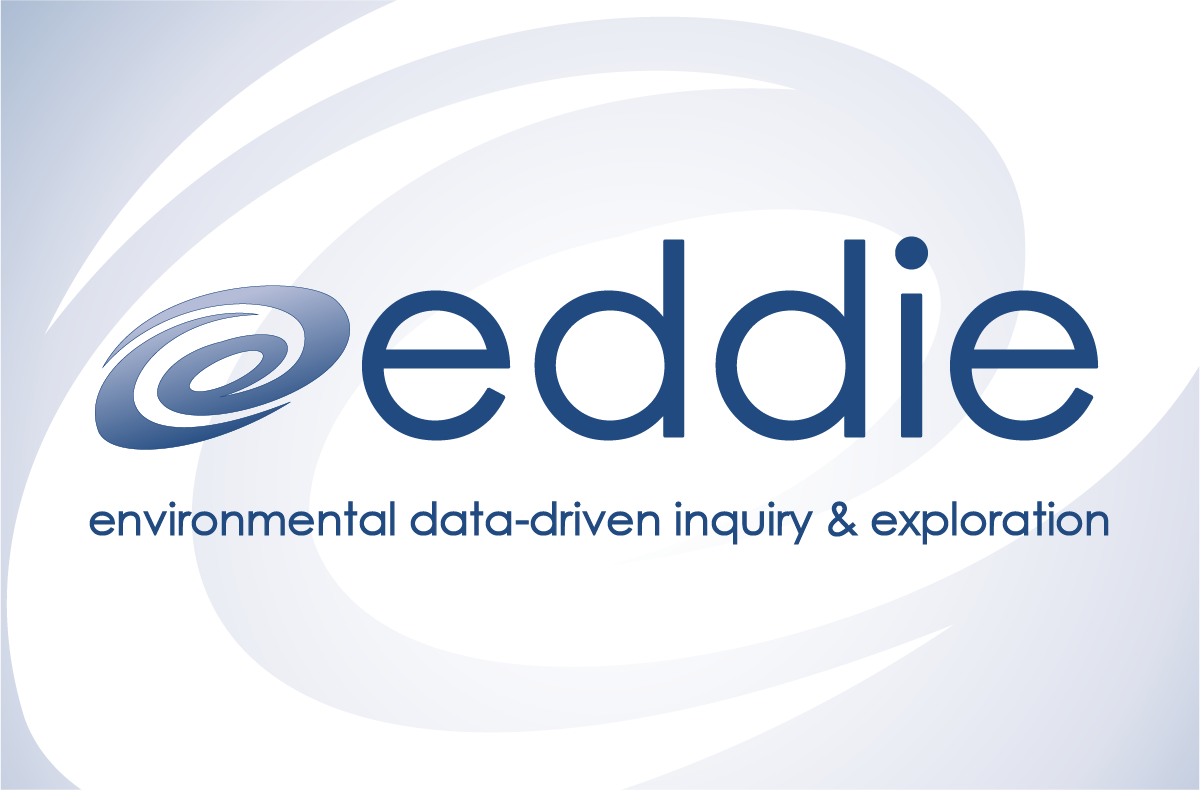
Are you looking to teach scientific concepts using data exploration and open inquiry? Are you interested in teaching quantitative reasoning in your classroom? Project EDDIE is excited to offer a suite of new EDDIE Modules that span the disciplines of biology, geology, climatology, oceanography, and sustainability.
Participants will focus on learning to adapt and implement one of the newly developed EDDIE modules in their undergraduate courses by participating in biweekly virtual sessions to collaborate with and support others in the network and receive mentoring. Participants will leave the FMN with experience using the modules available for implementation in multiple classroom settings, access to a network of peers, and an instructor story to share their experience about adapting and implementing an EDDIE module in their classroom.
Apply Now to join the Fall 2021 Project EDDIE Faculty Mentoring Network (FMN) with the support of BioQUEST/QUBES. Applications are due Thursday, August 26.
Partner News and Events
QB@CC Offers Incubator: Developing Interdisciplinary Resources for Math and Biology

Are you interested in developing open education resources to introduce quantitative skills in a life sciences classroom AND provide life science context and data in a mathematics classroom? Apply now to join a 2021 Fall QB@CC Incubator!
Participants in incubators will focus on developing modules with a strong focus on quantitative skills that can be used in both undergraduate life science and mathematics courses. Accepted applicants will work in groups that include math and biology faculty, select a mutually interesting quantitative biology topic, and collaborate to develop educational modules appropriate for use in their own classrooms. Teams of math and biology faculty are encouraged to apply. Team applicants may stay together or join different groups to work on their module for the semester. Participants will have weekly virtual sessions to collaborate with and support others in the incubator group.
Click here to learn more and apply for a Fall 2021 Incubator!
Applications due August 22.
QB@CC is also running a Fall Faculty Mentoring Network! Learn more here.
NEON Launches Ambassador Program
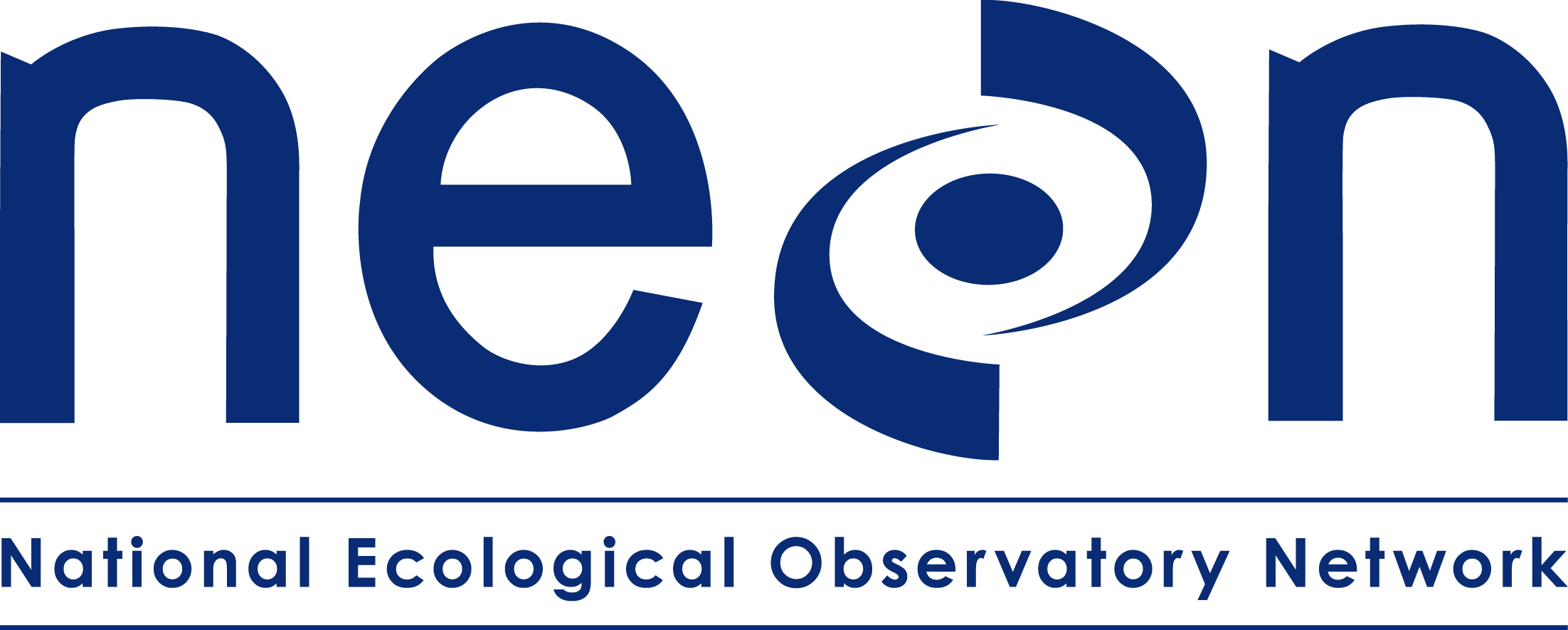 NEON is excited to announce the launch of a new NEON Ambassador program! NEON is excited to announce the launch of a new NEON Ambassador program!
Their vision is to scale up awareness and use of NEON data through their support of a small cohort of passionate NEON Ambassadors. They are formulating the program and initiating the outreach through a series of workshops facilitated by Knowinnovation, beginning in November. They are seeking researchers and educators who are eager to help others use NEON data for scientific discovery, educational opportunities, increasing diversity and inclusion, or informing public policy.
ImmunoReach Seeks Participants for Surveys on Integrating Immunology Concepts
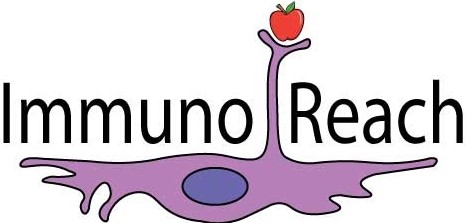 Are you designing your courses for the fall and thinking about integrating immunology concepts – either as a stand-alone module or in an interdisciplinary way - as a topic that integrates with other content in your course? Then please consider taking the following surveys to provide feedback on important concepts and competencies in immunology education. Are you designing your courses for the fall and thinking about integrating immunology concepts – either as a stand-alone module or in an interdisciplinary way - as a topic that integrates with other content in your course? Then please consider taking the following surveys to provide feedback on important concepts and competencies in immunology education.
You may watch this video to gather a little bit more information on the design of this framework.
Each survey will take about 5-15 minutes, so you don’t have to take them all at once, however, please try and do all. We would greatly appreciate your feedback.
-
Transformations of Energy and Matter
-
Evolution
-
Information Flow
-
Structure and Function
-
System
-
Competencies and Skills
7th Life Discovery – Doing Science Education Conference, Sept 30-Oct 2
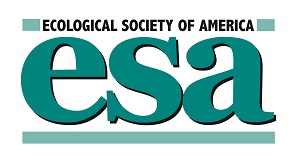 7th Life Discovery – Doing Science Education Conference 7th Life Discovery – Doing Science Education Conference
Pushing Past Barriers: Ecological Science for All
September 30 - October 2, 2021, Estes Park Colorado
Co-organized by ESA, BSA and SSE.
Other Opportunities
USD Seeks Faculty in QuantBio and/or Inclusive Pedagogy
The University of San Diego (USD), Department of Biology, as part of USD’s Horizon Project and a multi-year hiring plan related to thematic and mentoring clusters, invites applications for two tenure track faculty positions beginning in September 2022. The department seeks applicants with experience in quantitative biology, broadly defined and/or inclusive pedagogy.
Candidates should be prepared to teach some combination of the following courses: Biostatistics, Genetics, Microbiology, majors and non-majors introductory biology, and additional courses according to their area of interest. The base teaching load is 3 courses (lecture or labs) per semester.
A research experience for all students is a central feature of USD’s Biology Curriculum. Integral to that aim, the successful candidate will have a robust research program that incorporates undergraduates.
Candidates will participate in campus and community collaborations with interdisciplinary, pedagogical, or community engagement approaches related to one of these three broadly-defined thematic clusters: Climate Change & Environmental Justice, Technology & the Human Experience, Borders & Social Justice. For further details, please visit the job postings:
Inclusive pedagogy: https://www.sandiego.edu/cas/about/diversity-equity-inclusion/hiring.php
Biology: https://jobs.sandiego.edu/cw/en-us/job/494595/assistant-professor-biology
Applications must be submitted by September 24, 2021 for consideration.
For questions regarding the position, please contact: Sue Lowery, Professor and Chair of Biology.
Members of the QUBES team are always looking to meet others who have a passion for quantitative biology education. Reach out so we can help you gather your collaborators, move projects forward, and continue to move quantitative biology forward. Connect with us by submitting a support ticket.
Do you have a product or result from a QUBES sponsored activity? Help us measure our success by sharing your product or result with QUBES. Learn how to cite QUBES.
|